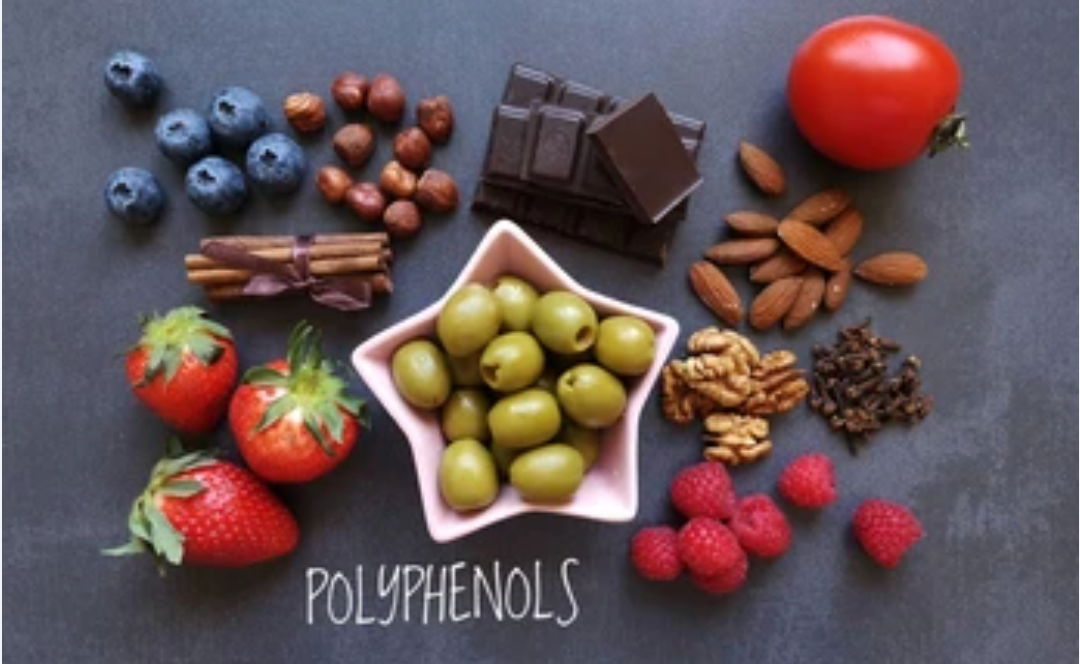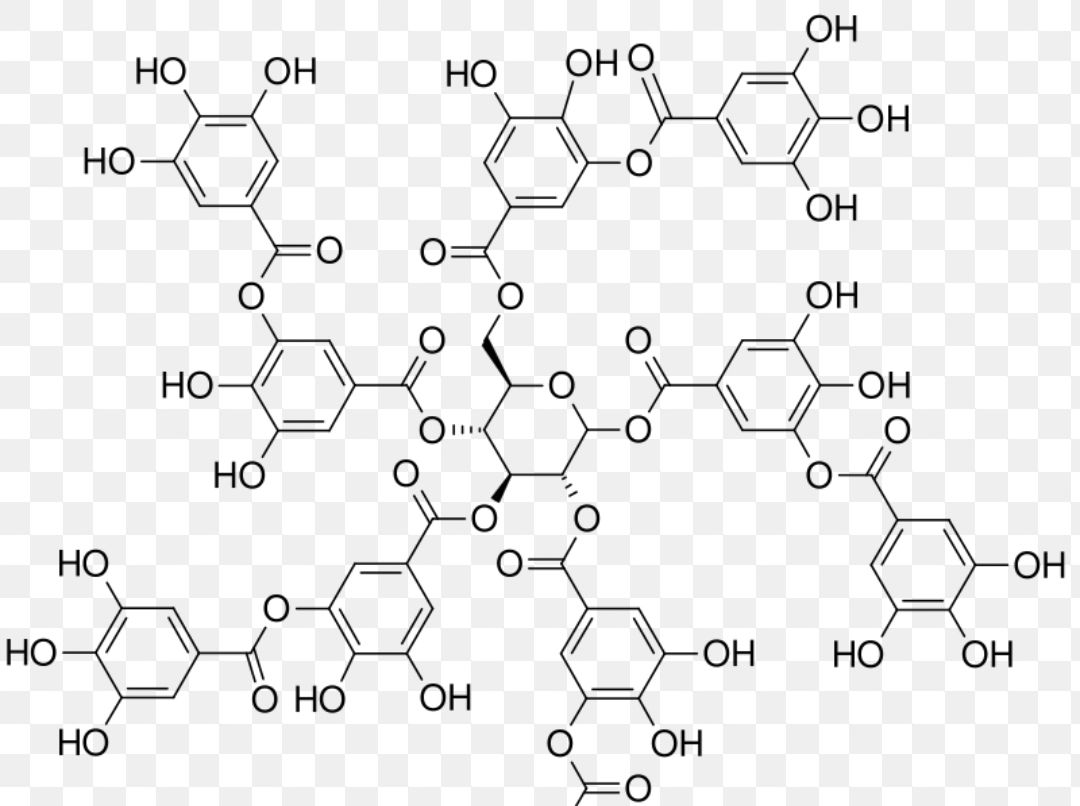Healthy Nutrients & Bioactive Compounds

Although olive oil is very healthy and a good source of polyphenols, foods like berries, tea, coffee, and dark chocolate generally have higher polyphenol concentrations per serving. However, the integration of EVOO into a balanced diet provides a synergistic effect due to its unique combination of nutrients and bioactive compounds. The primary components are:
1. Monounsaturated Fats: Predominantly oleic acid, which makes up about 73% of its total oil content. Oleic acid is known for its anti-inflammatory properties and positive effects on heart health.
2. Polyphenols: Olive oil contains various polyphenols, including hydroxytyrosol, oleuropein, and tyrosol. These compounds have potent antioxidant properties, helping to protect cells from oxidative damage and reducing the risk of chronic diseases.
3. Vitamin E: This fat-soluble antioxidant helps protect cells from oxidative stress and supports immune function.
4. Vitamin K: Important for bone health and blood clotting.
5. Squalene: An organic compound that acts as a potent antioxidant and may have anti-cancer properties.
6. Flavonoids and Phenolic Acids: These contribute to the anti-inflammatory and antioxidant effects of olive oil.

Olive oil’s combination of nutrients supports cardiovascular health, reduces inflammation, and may lower the risk of chronic diseases such as heart disease and certain cancers.
Cell oxidative damage refers to the harm caused by free radicals - unstable molecules that can damage cells, proteins, and DNA by altering their structure and function. This oxidative stress can contribute to ageing and various diseases, including cancer, heart disease, and neurodegenerative disorders. Antioxidants, like those found in olive oil, help neutralise free radicals and mitigate this damage.